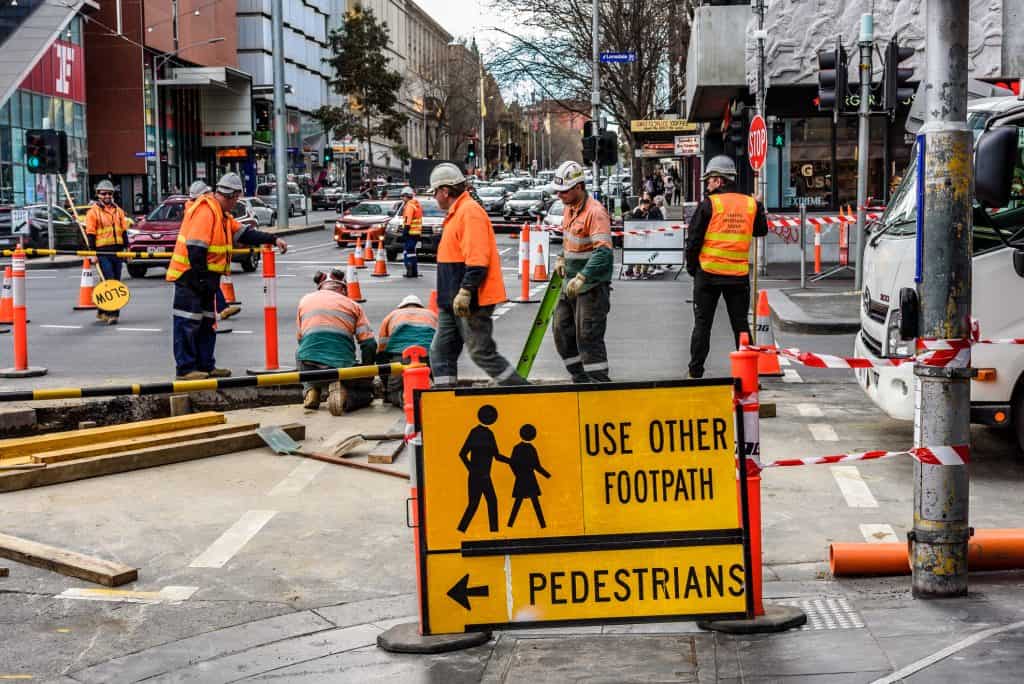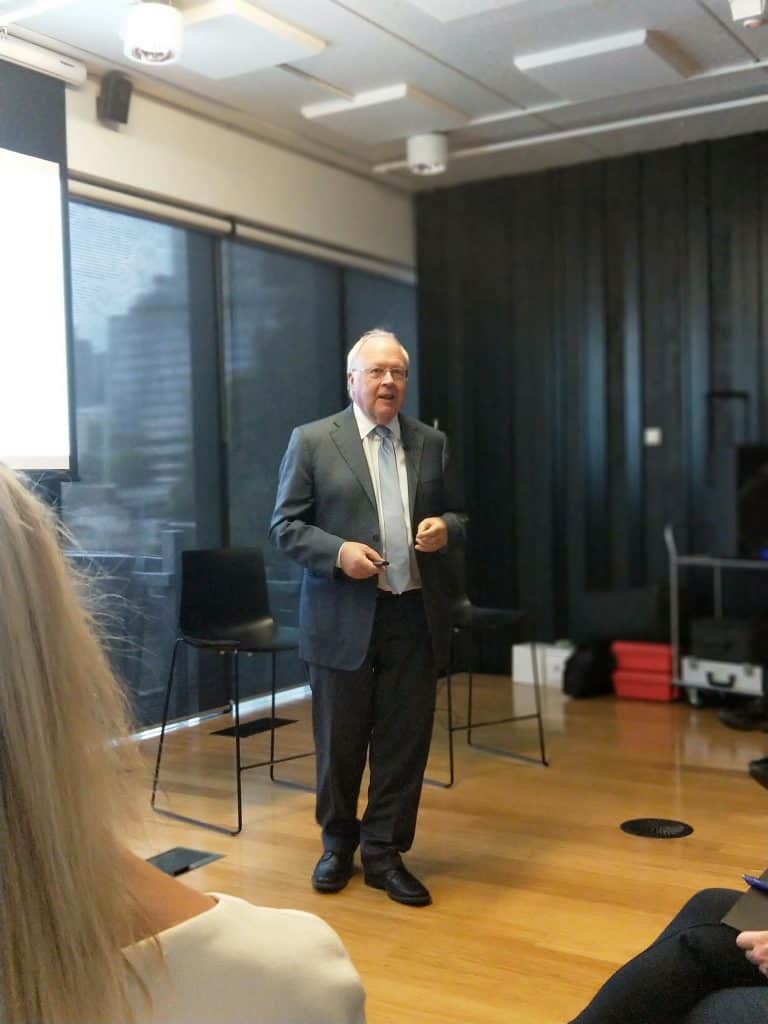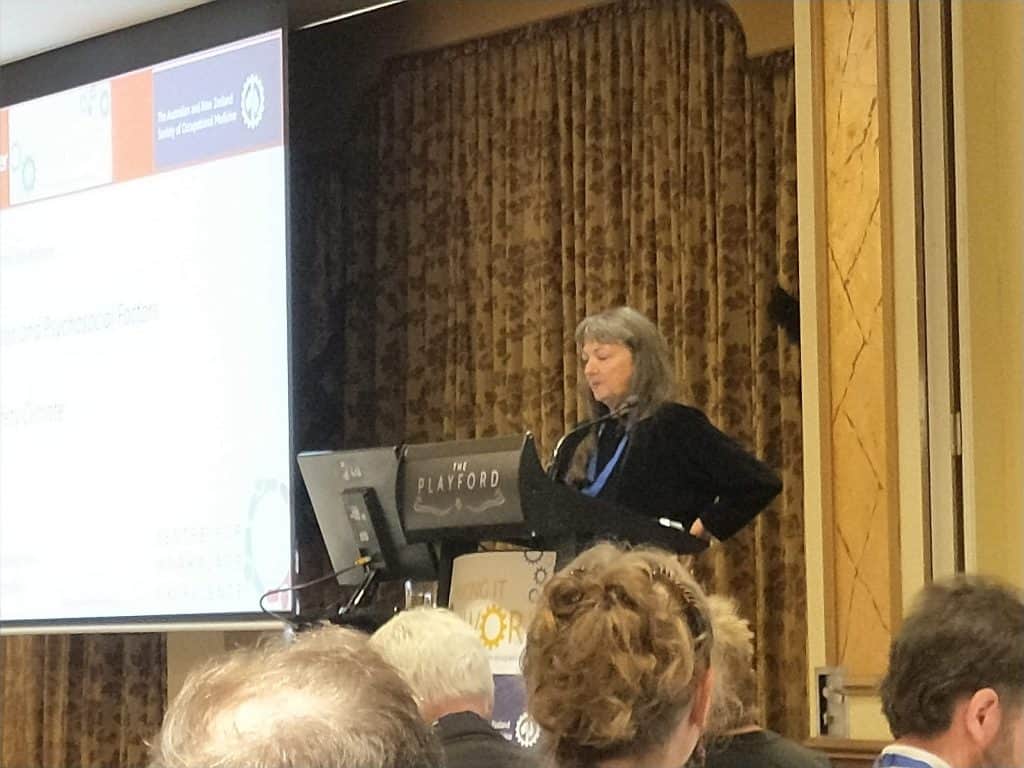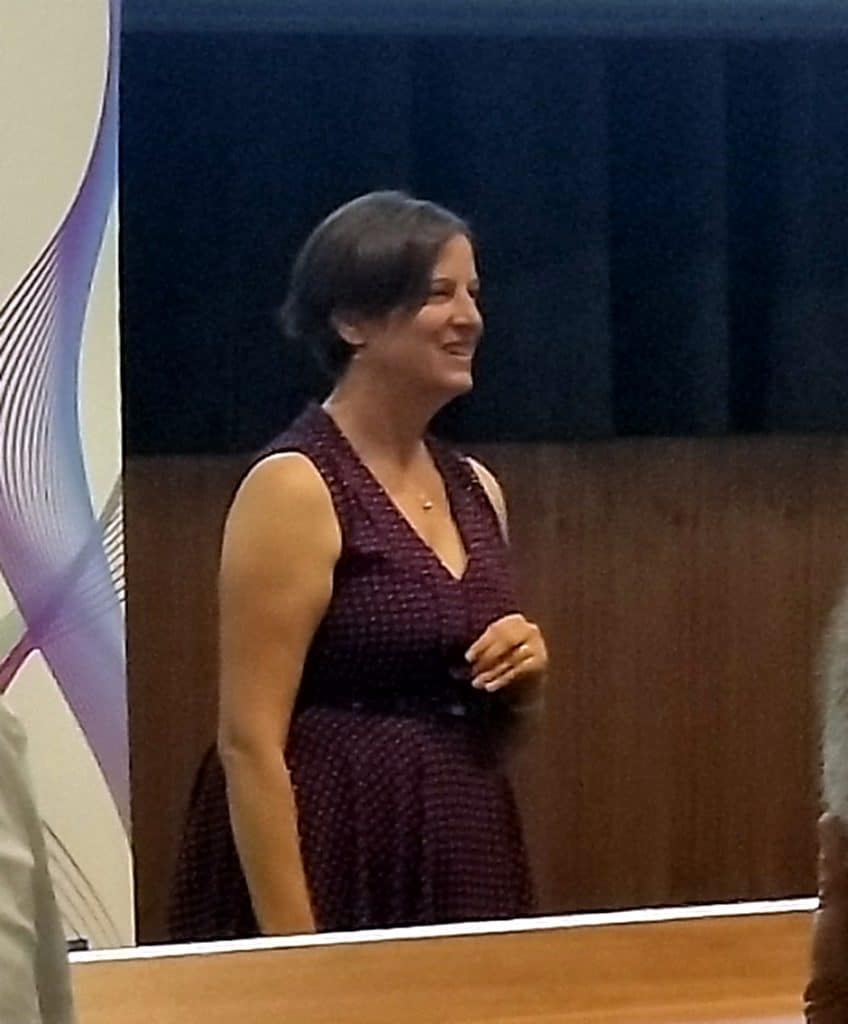On November 13 2019 the Victorian Parliament heard detailed debate (page 93) about Industrial Manslaughter laws but without resolution. Many of the points raised were familiar and along political party lines but of particular interest was the insights provided into how that State’s political leaders perceive occupational health and safety (OHS).

Each of the speakers reiterated the importance of OHS and how all workers deserve to go home at the end of the shift – you know the cliches and the debate held plenty of them. There was also a fundamental misunderstanding by many speakers though.






